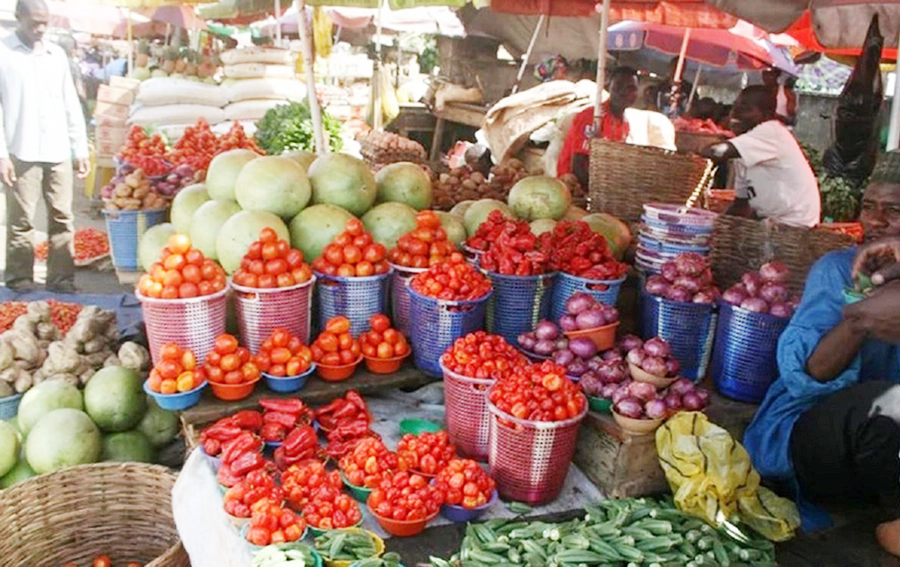Despite a growth in the Gross Domestic Product (GDP) in Nigeria in the second quarter of 2022 by 3.5 per cent, Nigerians continue to face the harsh consequence of rising inflation in the country even as analysts said there is a high chance of a slower growth by the end of the year.
Figures released by the National Bureau of Statistics (NBS) at the weekend showed that the Nigerian economy grew by 3.54 per cent year on year in real terms, a decline from 5.01 per cent in the second quarter of 2021 but faster than 3.11 per cent recorded in the first quarter of the year.
However with inflation at 17 year record high of 19.64 per cent, and income of many still stagnant and investment instruments yielding negative returns, Nigerians are not feeling the impact of the expanding economy. NBS in the just released data noted that the recent rising prices have adversely impacted on the second quarter 2022 performance.
According to the statistics agency, the Q2 2022 growth rate decreased by 1.47 per cenr points from 5.01 per cent growth rate recorded in Q2 2021 and increased by 0.44 per cent points relative to 3.11 per cent in Q1 2022. “However, quarter-on-quarter, real GDP grew at -0.37 per cent in Q2 2022, reflecting lower economic activity in Q2 2022 than in the preceding quarter.
“In the quarter under review, aggregate GDP stood at N45.004 trillion in nominal terms. This performance is higher when compared to the second quarter of 2021 which recorded aggregate GDP of N39.123 trillion, indicating a year-on-year nominal growth rate of 15.03 per cent. The nominal GDP growth rate in Q2 2022 was higher relative to the 14.99 per cent growth recorded in the second quarter of 2021 and higher compared to the 13.25 per cent growth recorded in the preceding quarter.”
Commenting on the GDP figures, head, Financial Institutions Ratings at Agusto& Co, Ayokunle Olubunmi, noted that while the good news is that the economy is expanding, “it does not mean that all activities in the economy is doing well. It is just that the size of the economy is getting bigger.”
He, however, noted that for the man on the street, the GDP growth is not as relevant as the impact of the fast rising prices of goods and services.
“The way things are going, what everybody is concerned about is inflation and unfortunately, measures adopted by the Central Bank of Nigeria (CBN) will actually hurt the GDP growth,” he said.
Citing the recent upward revision of the interest rate on CBN interventions as well as minimum interest payable on savings and fixed deposits, he said this may inadvertently impact GDP growth.
“The interest rate on intervention funds have been increased and also interest on savings have gone up. So what happens is that corporates are more reluctant to lend now especially with insecurity and political tensions in preparations for the 2023 elections. The economy growth rate may eventually reduce a bit for full year 2022,” he added.





